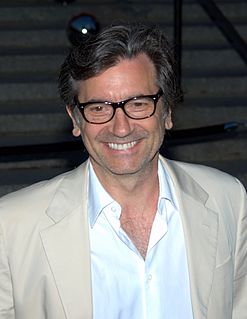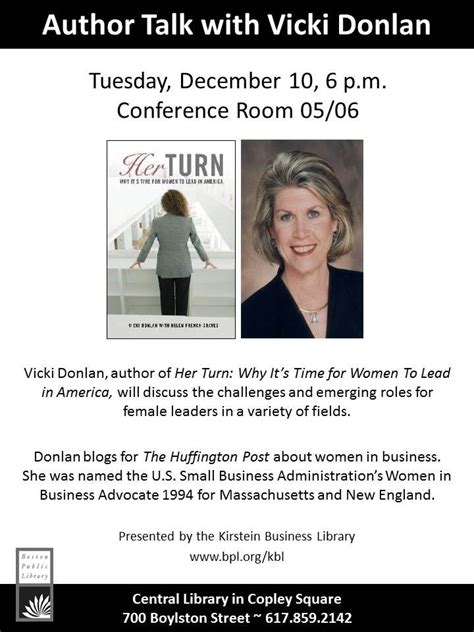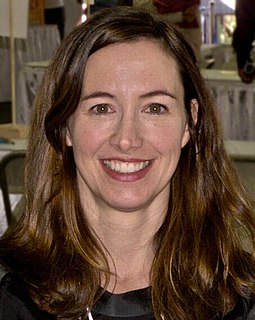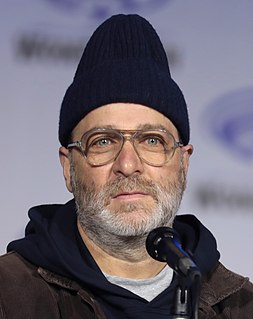A Quote by Griffin Dunne
Although there was a screenplay, the actors never knew what questions I was going to ask them, and all of my character's voice-over narration and scenes were added after the fact.
Related Quotes
In the old days when I first was coming up, you would turn up on set in the morning with your coffee, script, and hangover and you would figure out what you were going to do with the day and how you were going to play the scenes. You would rehearse and then invite the crew in to watch the actors go through the scenes. The actors would go away to makeup and costume and the director and the DP would work out how they were going to cover what the actors had just done.
So when I say that I think we would have a different ethical level, particularly in corporate America, if there were more women involved, I mean that what women are best at is asking questions. Women ask questions over and over again. It drives men nuts. Women tend to ask the detailed questions; they want to know the answers.
We had to do something at [a festival in Washington, D.C.]. I remember Chris Martin, by then we all knew him, there were certain people who were regulars. He would say, "Oh, my God, you guys, I think I'm going to throw up." It was a daytime festival, and they went on right after some really heavy band, and he was saying, "I don't think I can do this. I think I'm going to throw up." He was in the bathroom thinking he was going to be sick. He said, "They're going to hate us." In fact, they hated them. They hated Coldplay - did not go over well. His instincts were correct.
Think about 'GoodFellas': It could be a textbook on how not to write a screenplay. It leans on voice-over at the beginning, then abandons it for a while, then the character just talks right into the camera at the end. That structure is so unusual that you don't have any sense of what's going to happen next.
Ask how you’d live your life differently if you knew you were going to die soon, then ask yourself who those people you admire are and why you admire them, and then ask yourself what was the most fun time in your life. The answers to these questions, when seen, heard, and felt, provide us with an open doorway into our mission, our destiny, our purpose.
Voice actors I used to know who were starting out in comedy were guys who did a lot of voices. They were usually comedy actors who developed their comedy by doing tons of impressions and voices that were usually very funny. And I never did any of that, so that's, I guess, why I don't consider myself a voice actor.
My experience over the years with working with people who are not actors or not trained actors is that you have to get to know them well enough to see what they have that's translatable onto the screen. So you're constantly calibrating to play to their strengths. And the key is to never ask them to do things that are beyond their abilities or are really far away from who they are at their core.




































